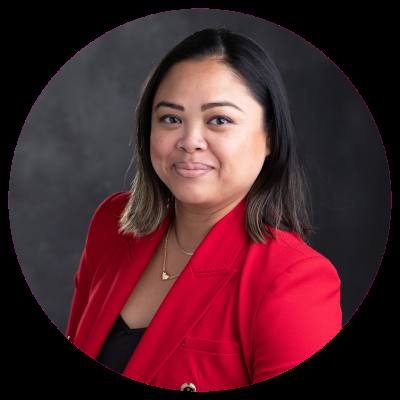Harris County commissioners passed by a 4-1 vote on Aug. 15 Uplift Harris 2.0, which is modified program under the same scope as the original guaranteed income program, Uplift Harris, except set up with additional restrictions, including the use of preloaded debit cards and limited spending categories.
The new program would assist qualified families in the 10 highest-poverty ZIP codes in Harris County under a guaranteed income program distributing $500 per month for 18 consecutive months, Harris County Judge Lina Hidalgo said. Precinct 3 Commissioner Tom Ramsey cast the dissenting vote at the Aug. 15 court meeting.
"That's why this is Uplift Harris 2.0, not Uplift Harris, but it is a way for us to keep our promises to these families," Hidalgo said.
How we got here
The $20.5 million American Rescue Plan Act-funded program underwent litigation costs due to the state suing the county, commissioners said. Harris County officials were ordered by the Supreme Court of Texas on June 14 to prohibit payments for Uplift Harris, the county's first guaranteed income program. No payments were made to qualified, selected recipients.
Also of note
Ramsey asked the county's ARPA Steering Committee responsible for the program updates whether the new program distributes the funds to individuals living in the country without legal permission. Leah Barton from the county's administration department said federal law prohibits the county from giving cash assistance to people who are not legal citizens. Upon launching the new program, Barton said an additional $400,000 in administrative costs will be needed to setup the program.
"I just think this money could be much better spent related to the jail-based competency restoration program that will come out of general jail issues that have come up numerous times and, frankly, clearing dead trees out of private property," Ramsey said.
Going forward
Hidalgo also addressed the possibility of if the state were to intervene again to stop the program what steps the county would take.
"If the state gets in the way of this and the program becomes stuck in court again, then the funds would be reallocated to programs that already exist to support people living in poverty," Hidalgo said.





